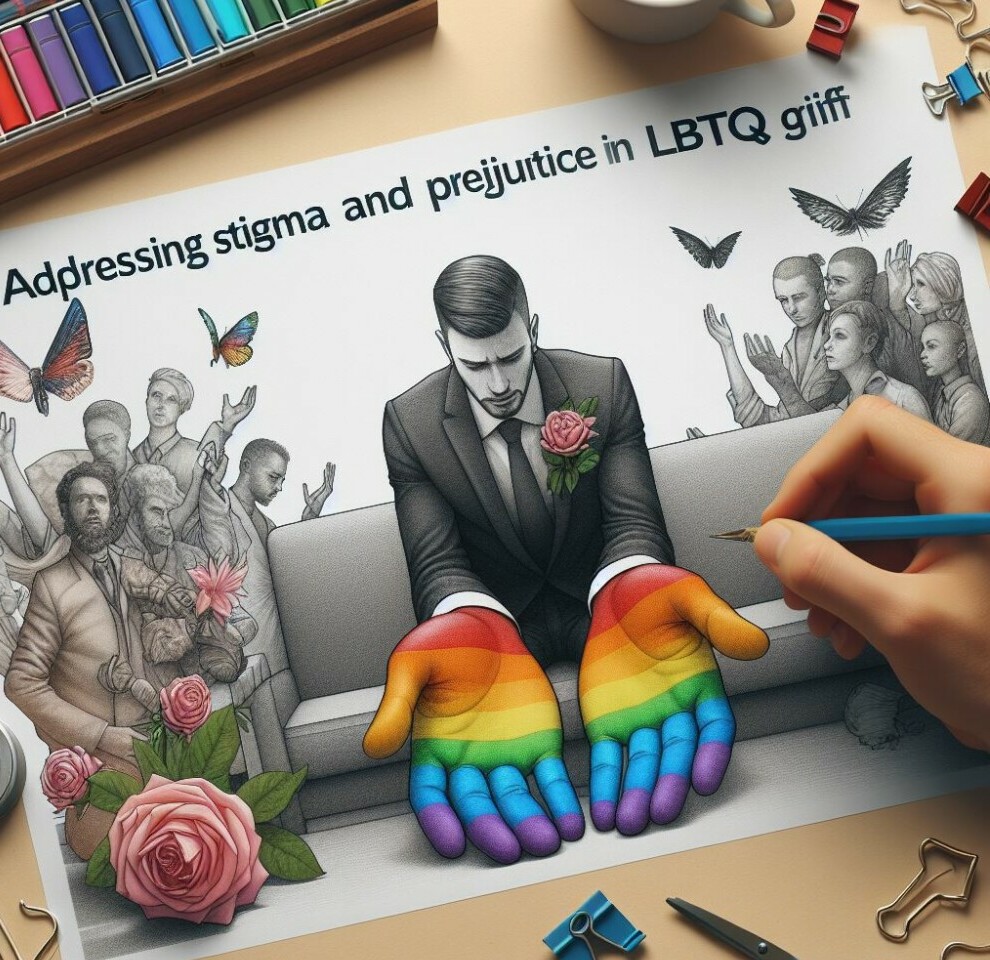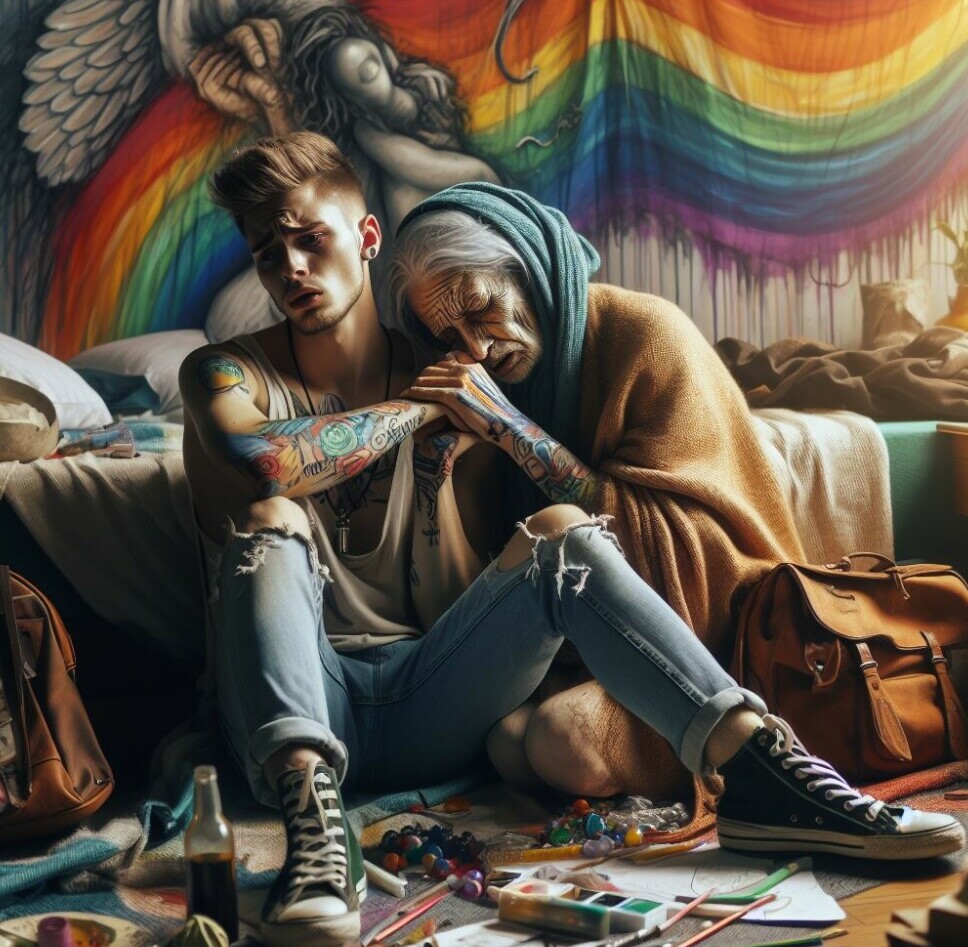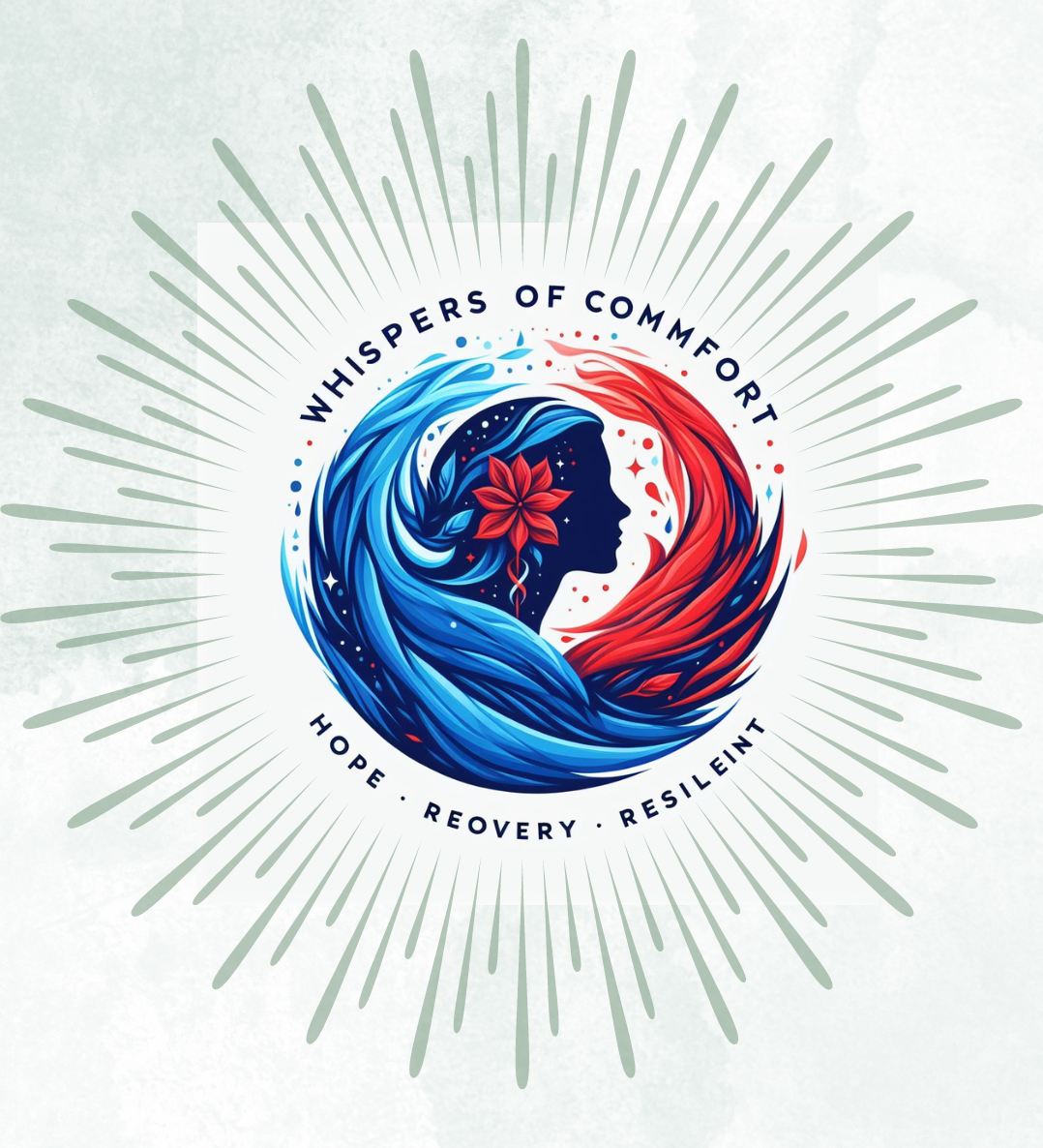
Grief is a profound and universal experience that transcends boundaries and affects us all.
To grasp the full scope of what it means to process loss within the LGBTQ community, we need to start by acknowledging one thing: grief doesn’t discriminate, but unfortunately, society often does. This isn’t just about a person experiencing sadness; it’s about understanding the complex layers of identity that shape the mourning process.
Now, what is often overlooked is the reality that LGBTQ individuals sometimes face grief that’s compounded by societal stigmas and their own diverse identities. Pretty wild, right? We’re talking about a grieving experience that’s influenced by their interactions with the world, which can be dismissive or even hostile.
I’m here to help you unpack the many forms of loss that go unnoticed or are minimized due to these stigmas. This includes not only the death of a loved one but also the symbolic losses that occur, like the loss of family support upon coming out or the end of a significant relationship that wasn’t publicly recognized.
In my opinion, dismantling stereotypes around LGBTQ grief starts with conversations like these. By understanding that each individual’s experience of loss is as unique as their fingerprint, we can start to appreciate the full human experience without simplifying it to a mere label.
You’re going to find out about how these challenges amplify the feelings of grief and create barriers to healing. It’s a lot to take in, but recognizing these issues is the first step toward changing them. Let’s look into how prejudice can intensify these experiences of loss and set the stage for the additional hardships LGBTQ individuals often face.
The Double Pain: Grief Intensified by Stigma and Prejudice
When grief intersects with prejudice, it creates a layered experience that is often misunderstood or overlooked. For many in the LGBTQ community, the loss of a partner, friend, or family member can be compounded by societal stigma and individual prejudices, intensifying their sorrow. This isn’t just about mourning; it’s also about battling the additional emotional weight of discrimination.
For members of the LGBTQ community, personal stories often illustrate a stark reality where their grief is invalidated. They frequently face questions about their relationship to the deceased, challenges in participating in funeral rites, or outright exclusion due to their sexual orientation or gender identity. Worse still, some endure the agony of hearing their loved one’s identity or life belittled. This amplifies the pain of loss and can lead to what experts call ‘disenfranchised’grief”—sorrow that lacks recognition and support.
Psychologically, disenfranchised grief can be devastating. It destabilizes the foundation upon which individuals build their resilience. Without recognition or empathy, LGBTQ individuals often have to navigate their loss in isolation, denied the community support that is crucial during times of bereavement. Within these narratives, there’s a profound need for society to not only recognize but also validate the unique grieving processes within the LGBTQ community.
Homelessness and Heartache: The Amplified Grief of LGBTQ Youth

I’m going to paint a picture of an often overlooked crisis: the intersection of homelessness and grief among LGBTQ youth. It’s not just about the lack of a roof over their heads; it’s also about the deep emotional turmoil that comes with grieving while being marginalized.
The cold, hard reality is that LGBTQ youth are disproportionately represented among the homeless population. They often find themselves without family support and ostracized due to their identities. Imagine facing the loss of a loved one in such isolation. Your world flips upside down, and there’s no safe haven to process your pain.
You’re going to find out about the challenges these young people face when mourning without a support system. Traditional networks that help individuals navigate through their sorrow are typically absent. Friends and family might be out of reach, community resources may be inaccessible, and in many cases, there’s a palpable lack of empathy from society at large.
It’s not all doom and gloom, though. There are beacons of hope. Choose something that resonates with you; whether that’s education, volunteering, or advocacy, we can make strides in supporting grieving LGBTQ homeless youth. Supportive housing programs, LGBTQ-affirmative counselors, and community centers play a crucial role in empowering them to cope with loss.
Now, this isn’t just an individual or community matter; it’s a concern that calls for policy change. Building a bridge to section 4, we’re going to explore strategies that tackle the stigma around LGBTQ grief. This includes policy changes, but it’s also about driving a cultural shift that fosters inclusivity and recognition of these young people’s right to mourn and heal.
Breaking the Cycle: Strategies to Combat Stigma in LGBTQ Grief
In my opinion, addressing the stigma surrounding LGBTQ grief is essential in forging a more compassionate society. It starts with education and awareness, key ingredients in transforming perceptions and behaviors. This isn’t just about changing minds; it’s also about opening hearts to the lived realities of LGBTQ individuals in mourning.
Creating inclusive spaces for mourning is paramount. You can find comfort in sharing your grief within a community that understands and respects your identity. This means having access to counselling services, support groups, and grief workshops that are tailored to meet the needs of the LGBTQ community.
You’re going to find out about key policy changes and advocacy efforts that are vital in this respect. Progress includes legislation that protects against discrimination, providing equality in bereavement leave policies, and ensuring that LGBTQ partners and families are recognized and respected during times of loss.
Choose something that resonates with you when it comes to advocacy. If you want to make a difference, consider volunteering, donating to organizations that support LGBTQ individuals in grief, or simply amplifying the voices of those who are often unheard.
Healing Together: Resources and Support for LGBTQ Bereavement
When grief strikes in the LGBTQ community, it isn’t just about personal loss; it’s also about navigating the complexities of an often unaccepting society. What I really hope you take away from this discussion is the essential role that specialized support systems play in the healing process.
Fortunately, there are several organizations and initiatives dedicated to providing the care and advocacy needed. Groups like the LGBTQ Bereavement Support Group and the National Resource Center on LGBTQ+ Aging offer spaces where individuals can seek comfort and understanding among peers who share similar experiences.
But this is more than just finding the right resources; it’s about fostering an environment where empathy and acceptance aren’t the exception, but the standard. Every step towards inclusion and every policy enacted to protect and recognize the unique challenges of LGBTQ individuals in grief brings us closer to building a truly supportive community.
I’ve been loving the progress I’m seeing. Communities are gradually becoming more informed and inclusive, and that really blows me away. There’s a growing recognition of the need for spaces where LGBTQ individuals can grieve without judgment or exclusion.
So my question to you today is, how can you contribute to this positive change? Whether it’s through supporting local LGBTQ organizations, advocating for policy changes, or simply being there for someone in their time of need, your actions can make a profound difference. Remember, your first attempt doesn’t need to be your last, but it’s vital to start somewhere in championing the right to grieve with dignity.
Addressing the stigma and prejudice faced by LGBTQ individuals in their grief is essential for fostering a more inclusive society.
Do you have any comments or experiences you’d like to share with us?
Kindly leave your comments and experiences below.
Simplified. Turn YOUR Passion, Hobby or Interest into YOUR Success Story! Join Wealthy Affiliate today: https://www.
**Here’s a little transparency: Our website contains affiliate links. We may receive a small commission if you click and make a purchase. Don’t worry, as there’s no extra cost to you. It’s a simple way to support our mission of bringing you quality content.
Follow me on social media!

Hello. The lgbtq has made a lot of improvement in terms of raising awareness and acceptance at least where I live in in the western world. Especially in the last 20 years. But that doesn’t mean they’re battlel is over. There’s still a lot of work to do as you mentioned here. It is not easy. Anyway great job with this.
Hello Jake,
Thank you for your comment. I totally agree with you that, there has been a significant improvement in terms of raising awareness and acceptance of lgbtq in the last 20 years, assessing the issue from the prism of the western world.
However, just like you have succintly noted we must not rest on our oars; as what is obtainable in the western axis still remains elusive in other parts of the world. Repressive laws, persecution, stigma, customs and tradition are some of the challenges being faced by lgbtq in some other parts of the world. Thereby, negatively impacting the lgbtq community and the lives of it’s members, especially in grief and loss.
I appreciate your contributions, as we keep advocating and supporting the rights and freedom for all, particularly the lgbtq community.
Makinde
Addressing the stigma and prejudice in LGBTQ+ grief is crucial for fostering an inclusive and compassionate society. Grief in the LGBTQ+ community is often compounded by societal discrimination and lack of understanding, which can hinder the healing process. By recognizing and validating the unique experiences of LGBTQ+ individuals in their grieving journey, we can provide better support and create safer spaces for emotional expression. Promoting education, empathy, and inclusive practices is essential in helping LGBTQ+ individuals navigate their grief without the added burden of stigma and prejudice. This holistic approach ensures that everyone has the opportunity to mourn and heal in a supportive environment
hi so im a avrage guy and i live a normal life i enjoy blogging and spending my spare time with my wife can kid’s, im a very open minded guy i guess with the way the world is now. But i feel strongly that no one should ever be bullied or put down. everyone in my book should be able to speak and live life free anyway so choose. I would like to say this was a very big eye opener for me and i truly felt bad the more i read this. But was learning more as i went thogh the blog to thing i never knew. So over all it was a very informing blog. Keep your head up and please continue share the more the word get out the faster the healing can start .
Hi Shawn,
Thank you for your insightful contributions to the article. I appreciate your kind words as well.
Yes, just as you have rightly pointed out, no one should be persecuted, bullied or discriminated against due to their belief, sex, orientation, etc, and everyone should be able to live and speak freely: this is how it should be.
Although there has been a tremendous awareness and improvement in the societal outlook, support and freedom for the lgbtq community, especially those in grief in the western world. But more needs to be done in respecting, supporting, and accommodating lgbtq community and those in grief in the developing world.
I appreciate your thoughtfulness on the article.
I wish you all the best,
Makinde